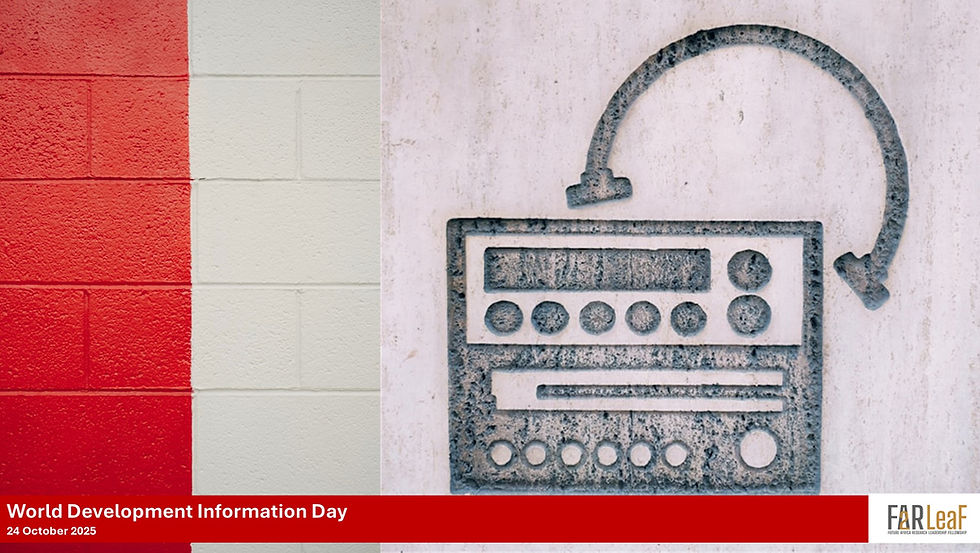Rainwater harvest culture: Solution to water challenges
- Leti Kleyn
- Oct 16, 2023
- 2 min read
Updated: May 28, 2024

Though most urban areas might not have water challenges compared to rural areas, the environmental consideration is enough to implement rainwater harvesting systems in urban areas where none exists.
A preliminary analysis of rainwater systems in various parts of Nigeria indicates that groundwater exploration is under pressure in urban areas, and most residents in urban areas still need rainwater systems installed. This situation of not deploring rainwater harvesting systems is quite different in most rural communities where most residents depend majorly on rainwater and have various water harvesting systems, mostly without optimum design installation.
Dr Emmanuel Chukwuma recently studied the economic and environmental impact assessment of rainwater harvesting systems for a small-scale residential area in a typical rural setting. The essence of the study is to investigate the profitability of deploring rainwater systems in a rural location and the possible environmental benefits.
It is essential to emphasise the importance of rainwater harvesting as an imperative tool to combat climate change. A well-captured rainwater within a watershed enhances the process of the hydrological cycle and, therefore, can ease the climate change crisis. In addition, rainwater harvesting reduces the impact of runoff, flooding and, consequently, erosion. A sound rainwater harvesting system in urban and semi-urban can minimise the effects of flash floods, a type of flood connected to poor water drainage systems during rainstorms.
In urban areas that are faced with water scarcity, the use of a central rainwater harvesting system could be a way out. Residents in urban areas must complement their groundwater source with rainwater; this will prevent excessive exploitation of groundwater resources, as some parts of the world are already experiencing.
The outcome indicates that tanks were not optimal; they were chosen arbitrarily, with heavy overspills during rainstorm events. This suggests that the challenges of flood and erosion, attributed to the climate change effect of unpredictable and extreme weather events, are yet to be tackled at the grassroots level.
Factors to consider in overcoming water challenges through rainwater harvesting system areas: 1. The nature or type of roof material 2. A reliable estimate of the dry period 3. The rainwater conveyance system 4. The environmental conditions that could influence rainwater quality. These factors will aid in the optimal design of the rainwater harvesting system. In the face of the current climate, it has become necessary that environmental agencies help implement and enforce rainwater harvesting systems in urban areas.
Though most urban areas might not have water challenges compared to rural areas, the environmental consideration is enough to implement rainwater harvesting systems in urban areas where none exists. It is essential to state that the water source to be used need not be based only on economic basis and convenience but also on the environmental perspective. While groundwater exploration is convenient in most urban areas, the environmental impact of flash floods from non-utilisation of rainwater is rather disturbing. Various stakeholders, especially governments and climate change mitigation sectors, should come together to provide lasting solutions to water challenges in rural areas by providing technical and professional information to enhance optimal rainwater harvesting in urban and rural areas. At the same time, centralised rainwater harvesting systems will readily be viable in urban areas.
Article submitted by Emmanuel Chukwuma









